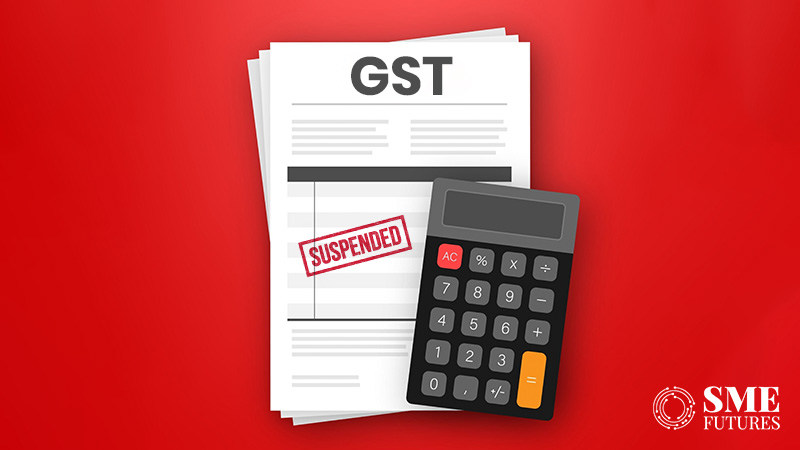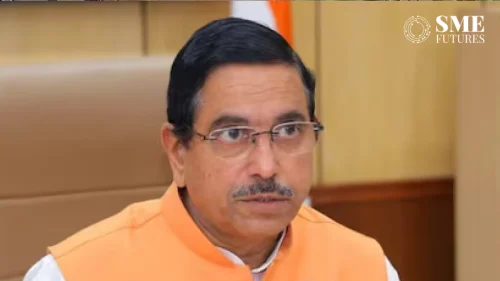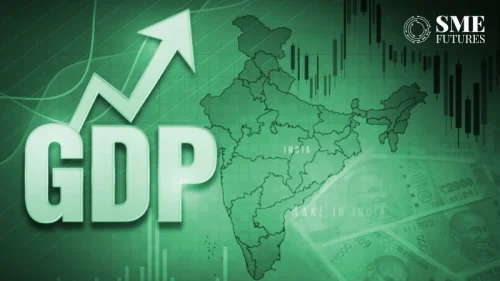The current two-month all-India drive announced by Central and State Tax administrations to detect and eliminate fraudulent GSTINs is creating challenges to genuine online sellers. Unlike the previous drives, the jurisdictional officers are empowered not only to verify but also suspend the licenses during the drive. The government has allowed businesses to register for GST using a VPOB (virtual place of business) address, as long as the virtual office provider is registered with the government and has obtained necessary approvals.
However, it has been found that the officers verifying GST are insisting for physical records along with the presence of employees and/or directors. As most of the online sellers register their places of business as their chartered accountant’s premises or in a co-working place affording them cost benefits and better compliance, the current drive could cause immense damage to the genuine small sellers.
Five key recommendations by Forum for Internet Retailers, Sellers, and Traders (FIRST) India to mitigate these challenges:
Implement a robust process that allows genuine entities to present their case and provide necessary documentation, reducing compliance burden.
Provide comprehensive knowledge to tax officers at the ground level about existing provisions and judicial precedents to help curb fake registrations and safeguard the interests of genuine sellers.
Ensure fair and transparent investigations for taxpayers and MSMEs flagged during the drive.
Expedite the resolution of cases related to genuine sellers by establishing a timely redressal mechanism as delay in resolving these cases can have severe financial implications.
Also Read: India witnessed 47% drop in deal volumes in April 23′
Fast-track remediation to help prevent disruption in operations and growth.
Vinod Kumar, President, India SME Forum, and Trustee and President, FIRST India, said “In the current global economic slowdown scenario, the small sellers should be encouraged to utilize the provisions made by the government to grow their businesses. By expecting the small sellers to adopt a traditional office set up or have specific demarcation for goods in the warehouses can result in unfair cancellation of their GST licenses even though they are compliant to the law. It is crucial to ensure that tax officers at the ground level are familiar with the existing provisions, circulars, FAQs, judicial precedents, and other relevant information during this special drive to facilitate a successful and hassle-free process.”
While combating fake registrations is vital, it is equally important to acknowledge the specific challenges faced by small sellers who conduct business through online channels. The business model of e-commerce sellers and the associated registration complexities are nuanced. These sellers heavily rely on e-commerce operators (ECOs) for various services, and their circumstances should be duly considered throughout the drive. Due importance should be given to safety and legal provisions such as bank account validation, Aadhaar authentication, clarifications, and rulings.











